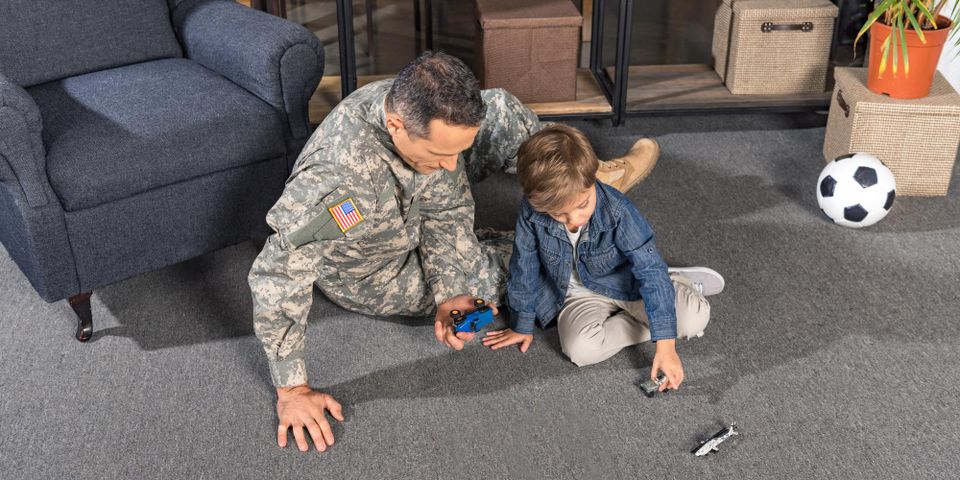
Military life can be rewarding, yet overwhelming. Some military service members may decide to contact a divorce lawyer to end their marriage for various reasons, from failing long-distance relationships to simply wanting to move on with their lives. If you’re in the military—or your spouse is—and you’ve decided to file for divorce, here’s what you should know before proceeding.
What to Know Before Pursuing a Military Divorce
Can civilians retain their military benefits?
If you’re a civilian, a divorce lawyer can evaluate your situation to determine whether you’ll get to retain some or all of your military benefits after ending your marriage. Generally, divorced civilians are only entitled to benefits if they were married to an active-duty service member for at least 20 years.
Does the service member retain his or her entire pension?
Because military pensions are deemed marital assets, they’re subject to division during divorce proceedings. However, that doesn’t mean the civilian spouse is automatically entitled to 50% of the service member’s pension.
How the pension will be divided—if it will be divided at all—depends on a number of factors, including the duration of the marriage and the terms of the separation agreement.
Does the court ever award primary custody to active-duty service members?
 While going away for months at a time can certainly pose a challenge when it comes to caring for your children, serving in the military does not automatically bar you from getting primary custody.
While going away for months at a time can certainly pose a challenge when it comes to caring for your children, serving in the military does not automatically bar you from getting primary custody.
At the end of the day, family law judges aim to order arrangements that are in the best interests of the children involved. In some cases, that means giving the service member primary custody, assuming they present adequate contingency plans for training exercises and deployments.
Can a civilian file for divorce while a service member is deployed?
It’s generally easier to wait until your spouse returns from deployment to proceed with a divorce. There is no law, however, that prohibits civilians from filing while their husband or wife is away. Service members who are deployed may simply have more time to respond to the petition under the Servicemembers Civil Relief Act, which can delay the proceedings.
If you’ve decided to end your marriage, turn to the divorce lawyers at Greene Law PC. Located in Farmington, CT, this practice is equipped to help service members and their spouses file divorce proceedings. Backed by nearly 75 years of combined experience, their legal team is also well-versed in estate planning, personal injury law, bankruptcy, business law, and real estate. To request a free consultation with one of their divorce lawyers, call (860) 676-1336. Visit their website to learn more about their family law services.
About the Business
Have a question? Ask the experts!
Send your question

